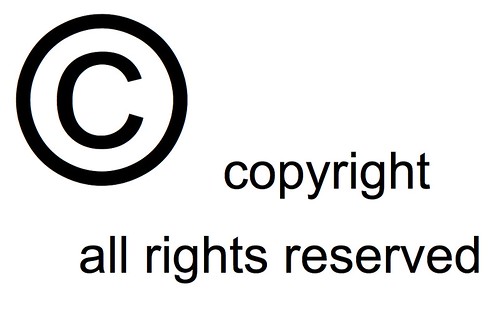Copyright

What is Fair Use?
Under the “fair use” guidelines of copyright law, someone may make limited use of another person's work without asking permission. The doctrine of fair use has developed through many court decisions and has been outlined in section 107 of the copyright law. However, “fair use” is open to interpretation. Fair use is intended to support teaching, research, and scholarship.
Fair use can be determined by considering four factors:
- What is the purpose and character of use? Are you going to use the material for monetary gain or for education or research purposes?
- What is the nature of work? Is it fact or fiction; has it been published or not?
- What is the amount and substantiality of the portion used in relation to the copyrighted work as a whole? Small amount or large? Is it the central theme or "heart" of the work?
- How will the use of the work effect the avalue or market for the material? Will you be significantly lowering the demand for this work?
Remember: using a work for academic purposes does not automatically render protection under fair use!
From the U.S. Copyright Office set of standards for Fair Use.
Contact Us
Library Email
library@wncc.edu
Library Text Messages
308.225.5015
Library Phone
Scottsbluff: 308.635.6068
Sidney: 308.254.7400
eHelp Center Phone
308.635.6071
Fax
308.635.6086